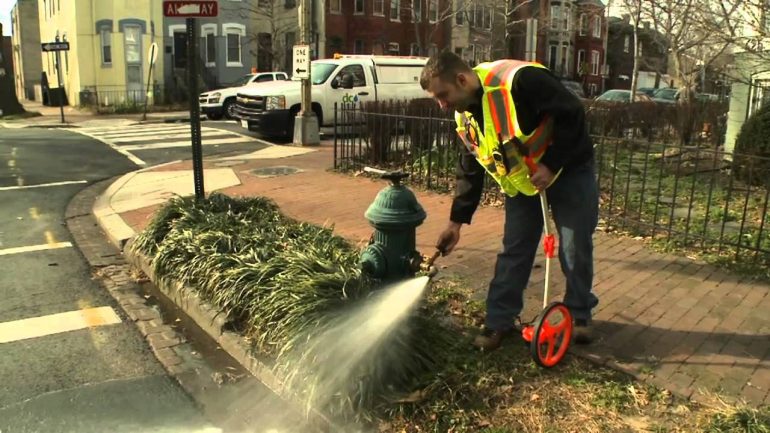A month ago, prime minister Justin Trudeau announced that the Canadian government was dedicating $12 million to water tech projects that bring both industry enterprises and academic researchers together.
As the United Nations warns of serious water scarcity within the next fifteen years, innovative cleantech startups have the potential to be a major part of alleviating the issue, while governments, inevitably, make policy changes.
But as provincial governments can dedicate $22.75 million for small and medium-sized businesses, in comparison to Trudeau’s announcement of $12 million, it’s fair to wonder whether we’re taking the importance of water tech seriously. The water treatment and distribution market is worth $589 billion a year.
“I wouldn’t characterize the water sector as overlooked. The challenge is more that the sector isn’t top of mind,” said Raad Seraj, a senior research analyst at The Water Technology Acceleration Project (WaterTAP), a nonprofit dedicated to encouraging growth in Ontario’s water sector. “In large part this is due to the fact that most water infrastructure is buried or hidden, and that we don’t value water the same way we value energy. Water still takes a back seat to energy in the economic growth and climate change discussion.”
Part of the reason why the water sector has been slower to grow is due to the nature of water tech’s highly-regulated industry; however, water technology start-ups and are also primed for emerging alternative investment streams, like impact investments, due to their rehabilitative and positive impacts.
“The world is becoming better at understanding the relationship between natural systems and economic activity. Investment in the sector is critical in driving early-stage validation and access to markets,” said Seraj. “Instead, investors can expect significant ROI from disruptive technologies that combine automation, cloud computing, and big data analytics.”
The good news is that the conversation around water tech is changing; the outrage surrounding Flint, Michigan’s water crisis have sparked discussions about poor water infrastructure, and the Canadian Venture Capital Association recently released a report that said cleantech was the third top sector for VC investment in 2015.
“The world needs technologies and solutions that can tackle emerging challenges, such as failing water infrastructure, contamination, and climate change adaptation, at low costs and high rates of efficiency,” said Seraj. He said that there’s an increasing movement towards the Industrial Internet of Things, as companies like Echologics and Iconac, which WaterTAP is working with, use cloud computing with sensors to help detect leaks in water distribution and collection networks without disturbing entire established networks.
“The world is starting to recognize that water is not only critical for human and ecosystem health, it is embedded in every economic activity,” said Seraj. “It is intimately tied to security and prosperity.”


